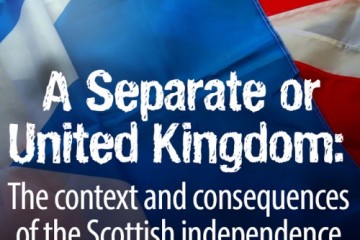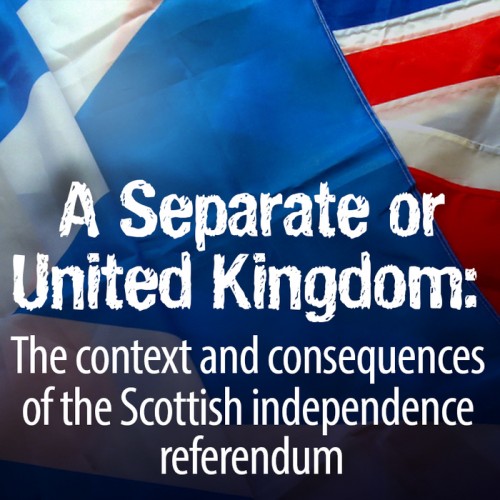This blog series analyses the issues surrounding Scotland’s impending referendum on independence. The series attempts to shed light on why the referendum is taking place, the context and substance of the debate, and the implications of either a yes or no vote. The prospect of splitting up the British state after more than three-hundred years of voluntary union represents one of the most dramatic developments in the history of the United Kingdom. The popular and scholarly debate has become increasingly sophisticated in recent months, but attention remains excessively directed to short-term economic concerns. A wider comparative frame is essential to understanding the referendum, which will have both international and domestic implications. The blog aims to draw from across the social sciences to shed light on the political, constitutional, economic, and social contexts and consequences of the choice which Scotland faces.

Scotland: Diaspora and Independence

Scottish Independence and the Union Jack

Scotland and the European Union: A legal analysis

Iain McLean and Jim Gallagher on Scottish independence

A Separate or United Kingdom: The context and consequences of the independence referendum


